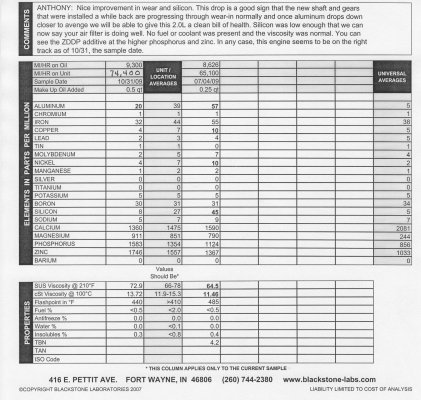ExFlyBoy5
Give me a museum and I'll fill it. (Picasso) Give me a forum ...
also, look up "mobil 1 Subaru spun rod bearing"
mobil 1 has also killed a lot of turbo scoobs
Reading through some search results (with and without Mobil 1 in the terms), it doesn't appear as though OIL it the reason for these failures. Several folks have complained about it when they used Amsoil (arguably one of the top oil manufacturers) and some are with some VERY low mileage cars.
And overwhelmingly, I see a trend with these cars..."It just happens on modified, beaten on, and abused cars". Well, duh.

